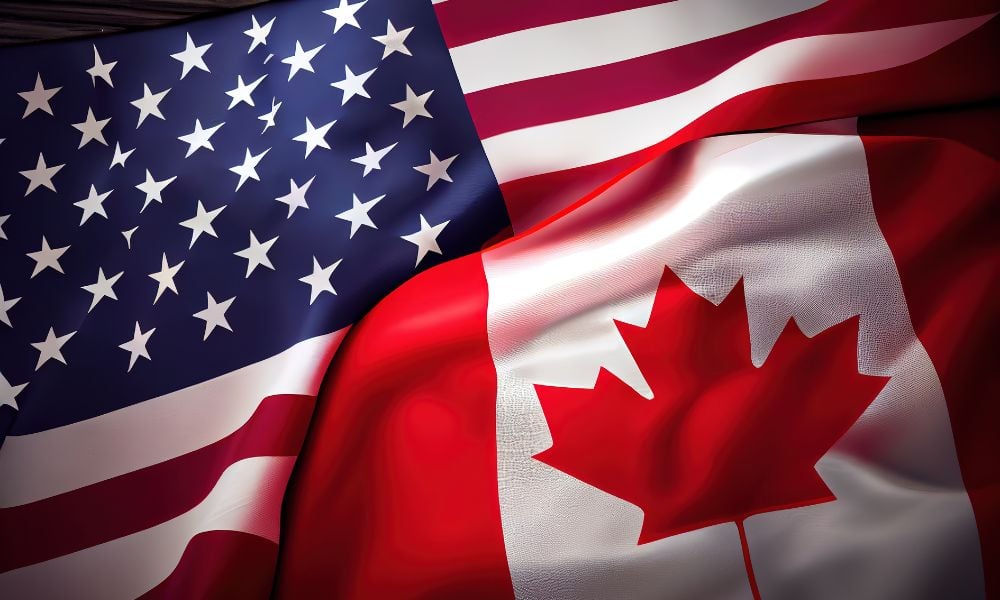Experts warn Trudeau's resignation could stall Canada's trade talks amid rising US tariff threats

Prime Minister Justin Trudeau announced his decision to step down as leader of the Liberal Party of Canada while remaining prime minister during the leadership transition, as reported by BNN Bloomberg.
He also confirmed Parliament will be prorogued during the process, sparking concerns about the impact on Canada’s trade negotiations with the US.
Lisa Raitt, vice-chair of global investment banking at CIBC Capital Markets and former deputy leader of the Conservative Party, said in an interview with BNN Bloomberg that Trudeau’s resignation reflects a lack of support from his team.
Raitt expressed concerns about its timing, particularly as it coincides with President Donald Trump’s threats to impose tariffs on Canadian imports.
“You have to realize that this is happening against the backdrop of the incoming president, President (Donald) Trump threatening serious tariffs on the day that he takes over as the president of the United States. That has an incredible impact on the Canadian economy,” Raitt stated.
She added, “And right now we’re going to have a lame duck prime minister. We don’t know who’s going to be the next prime minister.”
Trump has previously proposed a 25 percent tariff on Canadian and Mexican imports.
On the same day as Trudeau’s announcement, Trump denied reports suggesting his administration might limit the scope of the proposed tariffs to a smaller range of critical imports, according to Bloomberg News.
Joe Oliver, a former finance minister, voiced concerns about the length of Parliament’s prorogation, stating it could hinder Canada’s ability to navigate trade negotiations with the incoming US administration.
In an interview with BNN Bloomberg, he said, “The governor general really, by constitutional convention, had to agree to prorogation, it’s never been refused. But she did not have to agree to the length of the prorogation because this is going to seriously damage the country in its negotiations with the incoming US president.”
Raitt expressed a preference for an election over a Liberal leadership change, arguing that a new leader would not necessarily resolve the issues tied to the party itself. She called the timing of the transition “the worst timing possible.”
“So, it’s the worst timing possible, quite frankly, that the Liberal party decides that they’re going to make and throw upon the Canadian public this incredible change,” Raitt said.
Looking ahead, she encouraged leveraging relationships between Canadian and US business communities and political counterparts to mitigate potential tariff damage.
“We have to (also) rely upon the relationships that Canadians have built politically as well across the border just to try to make sure there’s not as much damage as possibly could be had if these tariffs are put in place,” she said.
Raitt described her outlook as “cautiously pessimistic” regarding Canada’s ability to navigate trade challenges until a new Liberal leader and prime minister are chosen.
“We’d be better off with an election right now, to be honest, and just get it all out of the way,” she concluded.



